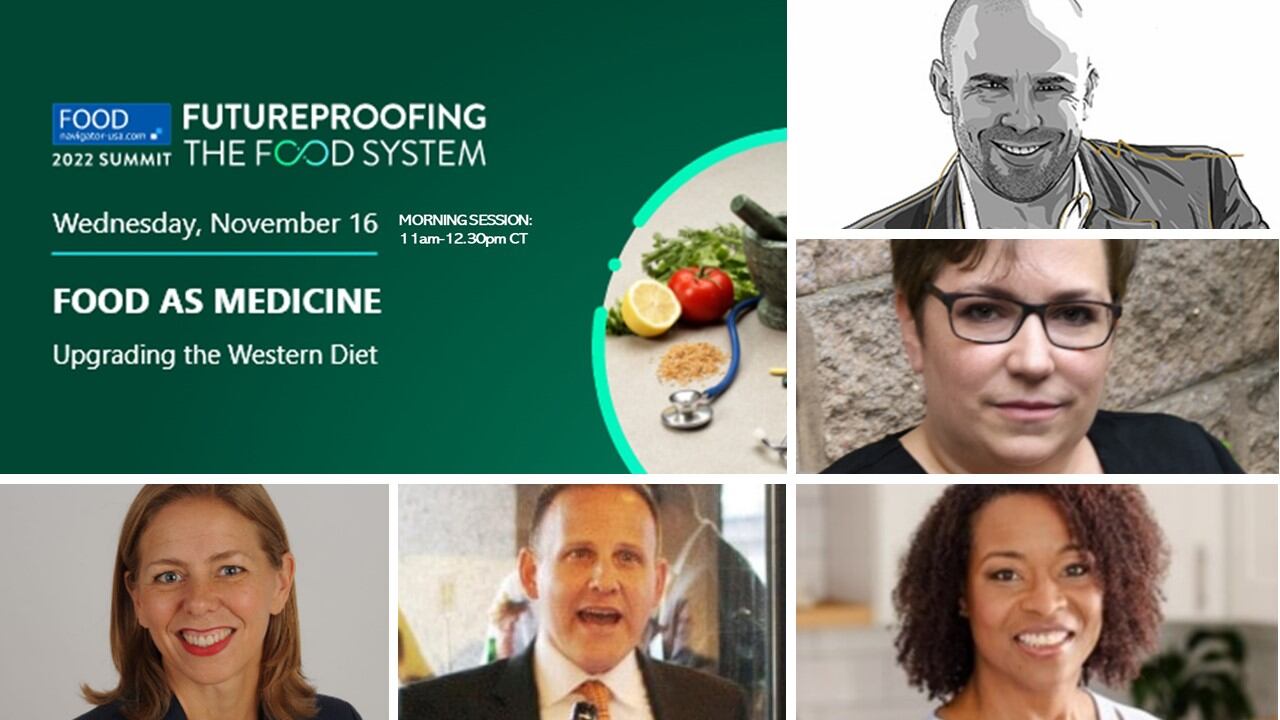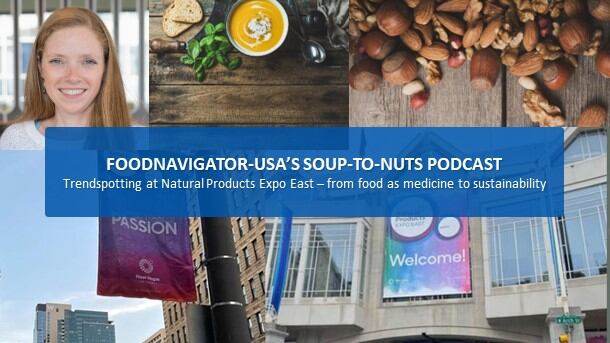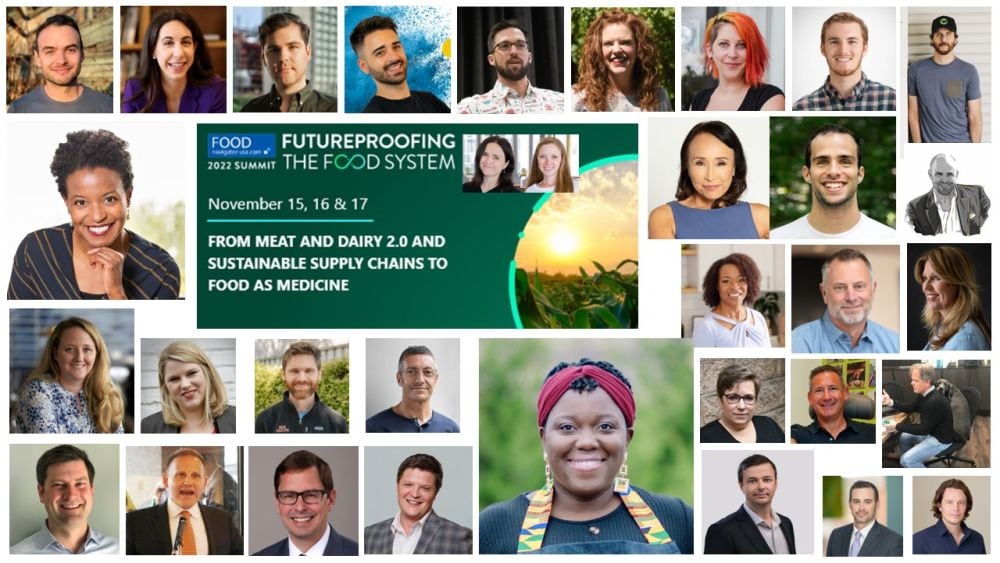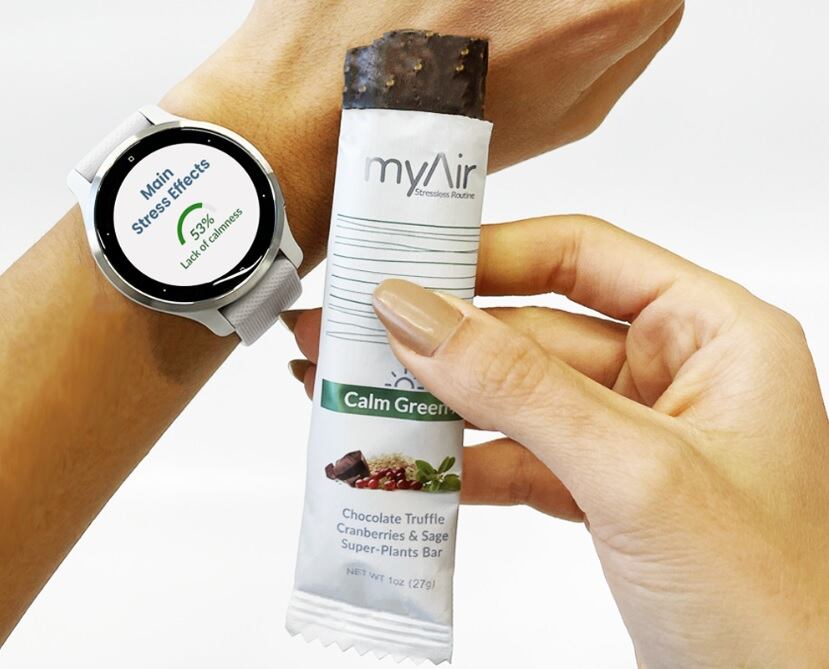In a study published last month in JAMA Cardiology, cross-departmental researchers from the University of Michigan found the prevalence of food insecurity among those with cardiovascular disease increased to 38.1% in 2017 to 2018 from 16.3% in 1999 to 2000. The study also found cardiovascular disease and cardiometabolic disease, except coronary artery disease, were prevalent among those with food insecurity.
Their findings are based on a sample of more than 57,500 adults participating in the National Health and Nutrition Examination Survey (NHANES). Of these, 7.9% suffered cardiovascular disease, and 11.8% struggled with food insecurity in general. However, the authors were quick to note that food insecurity increased across the study period from 8.2% to 10.2% before the Great Recession in 1999 to 2006 and 10.5% to 13.3% during the Great Recession in 2007 to 2010. It continued to climb to 18.2% to 18.5% in 2015 to 2018.
“This finding highlights the strength of the association between food insecurity and CVD,” which “we anticipate … is bidirectional wherein food insecurity likely increases risk for CVD and CVD affects socioeconomic factors that increase risk for food insecurity,” the researchers note.
Based on this correlation and the risk it suggests, the researchers call on clinicians and the health care system to recognize the impact of social determinants of health, such as food insecurity, through screening tools.
“After identification, food insecurity can be addressed through a team-based approach that incorporates referral to social workers, caseworkers, or state social service departments for individuals to apply for food programs,” such as the Supplement Nutrition Assistance Program, formerly known as food stamps, they argue.
They also urge health care providers to increase patient awareness of local or statewide food access programs, such as the Double Up Food Bucks program, which allows SNAP participants to double SNAP dollars (up to $20 a day) for fruits and vegetables and which has been proven to increase produce consumption and food security.
At FoodNavigator-USA’s upcoming digital summit – Futureproofing the Food System – Nov. 15-17, Amy Jolin, development director at Wholesome Wave, which works with communities to develop programs to address food insecurity and increase access to produce, shares the power of programs like Double Up Food Bucks for tackling both food insecurity and diet related health outcomes.
In our panel discussion From Produce Prescriptions to Medically Tailored Meals & Personalized Nutrition: Integrating Nutrition into the Healthcare System on Nov. 16, Jolin will be joined by Leslie Jefferson, the community health program manager at Giant Food, and Mark Walker, chairman of Performance Kitchen and CEO of Dugout Ventures to explore the differences and extent of food insecurity and nutrition insecurity, how nutrition and myriad social factors impact health and how innovative pubic-private partnerships are boosting access and affordability not just to food, but healthy food.
The panel also explores how programs leveraging nutrition for health are also good for business, including strategies for engaging with government and private health insurers to cover the costs of medically tailored meals and healthy food so that solutions for improving nutrition access can scale quickly and effectively.
FOOD AS MEDICINE: Upgrading the Western Diet (11 am to 12:30 Central Time, Wednesday Nov. 16)
FIRESIDE CHAT: Is the Western Diet Slowly Killing us? Dr. Charles Platkin, founder and executive director at the Center for Food As Medicine and distinguished lecturer at Hunter College NYC Food Policy Center, and Elizabeth Crawford, deputy editor, FoodNavgator-USA.
The Western diet – and the modern world, from antibiotic use to hyper-sanitary environments – are wreaking havoc with our microbiome and our metabolic system, so how can we shift consumption patterns in a healthier direction?
PRESENTATION by IFF: Navigating the personalized nutrition journey: An exploration of consumer and market insights – presentation by Signe Causse, global innovation marketing leader with Re-Imagine Wellness at IFF.
PANEL: From Produce Prescriptions to Medically Tailored Meals and Personalized Nutrition – Integrating Nutrition into the Healthcare System
Food is a central force of life – giving us the fuel we need to go about our days, but unfortunately it is also the number one cause of poor health in America, with an estimated 700,000 deaths annually related to what we eat. Food doesn’t have to be the enemy, though. So how can we boost access and affordability to healthy food through innovative public-private partnerships that bring together retailers, manufacturers, health care providers, insurers and national leaders?
- Amy Jolin, development director, Wholesome Wave;
- Leslie Jefferson, community health program manager, Giant Food;
- Mark Walker, chairman, Performance Kitchen; and
- MODERATOR: Elizabeth Crawford, deputy editor, FoodNavigator-USA
To find out more about this FREE event, which is sponsored by EpiCor postbiotic (Cargill), IFF, Ingredion, Cargill, and FoodBytes! By Rabobank, Amano Enzyme, Evergrain (ABInBev), Spoonshot, and Exberry by GNT, and supported by Oat Vita, click on the links below:





